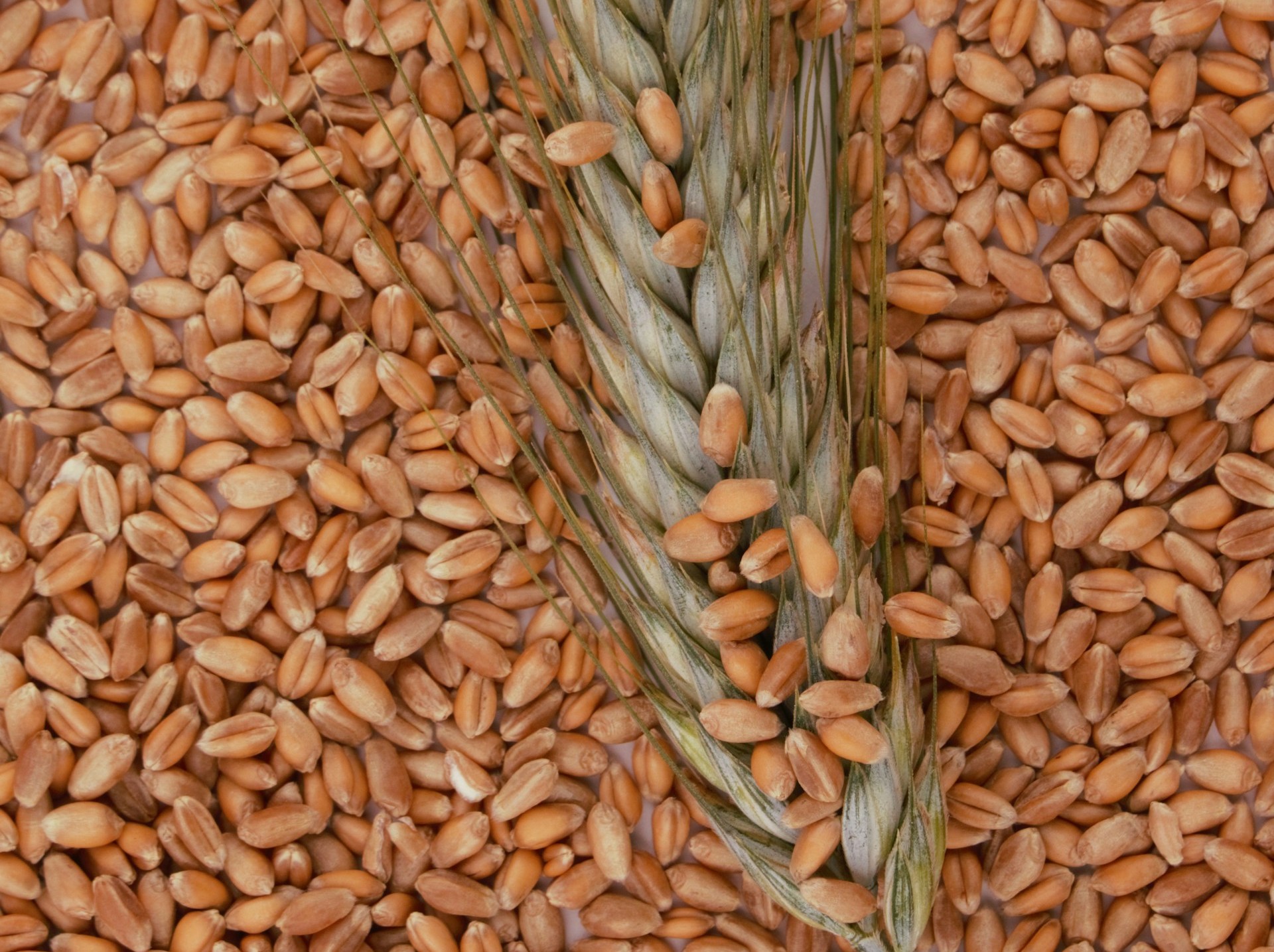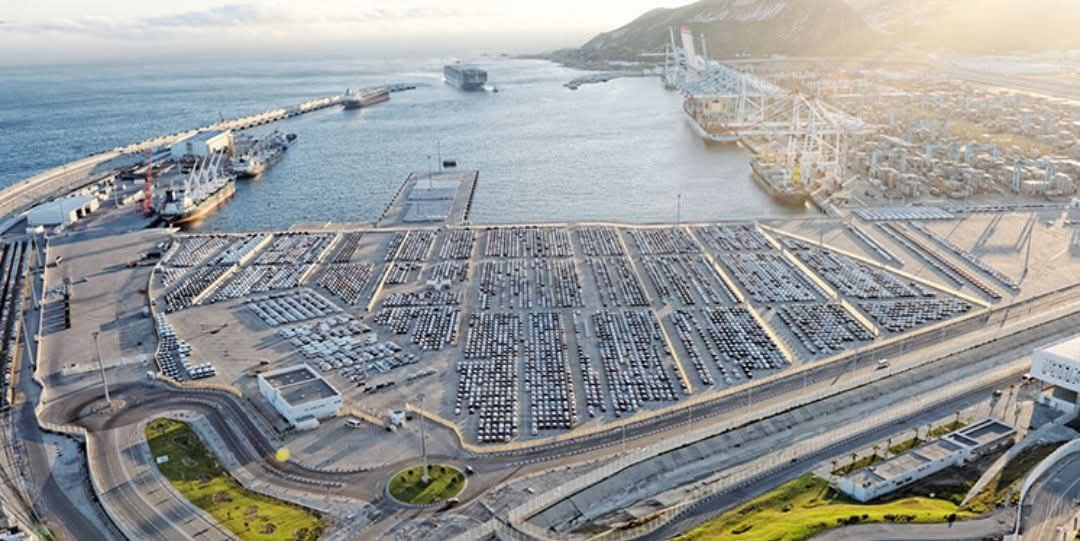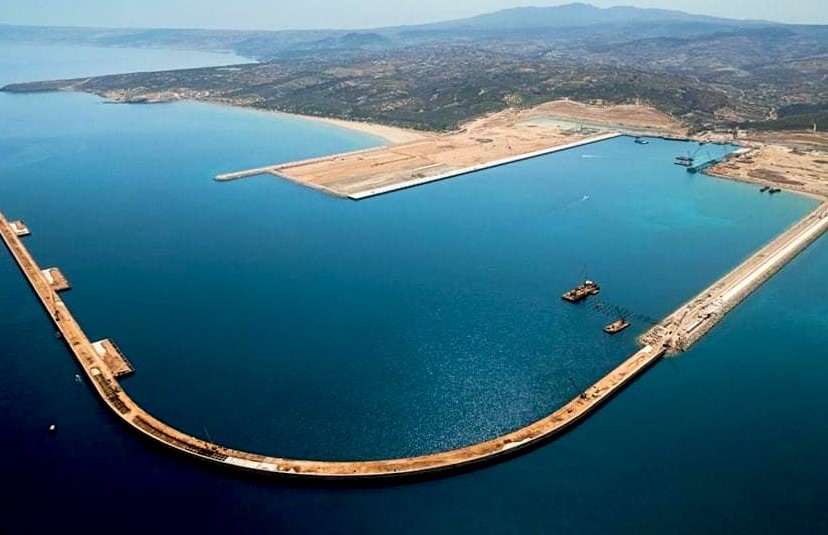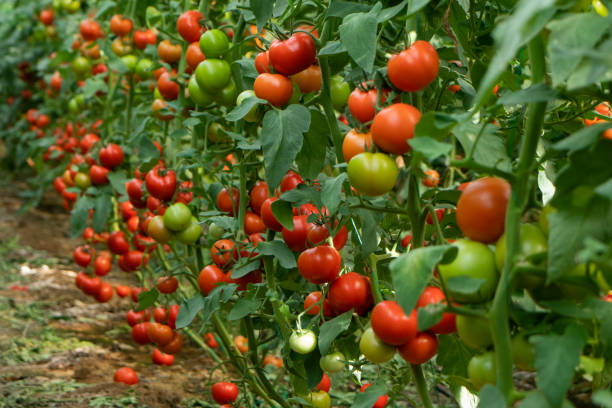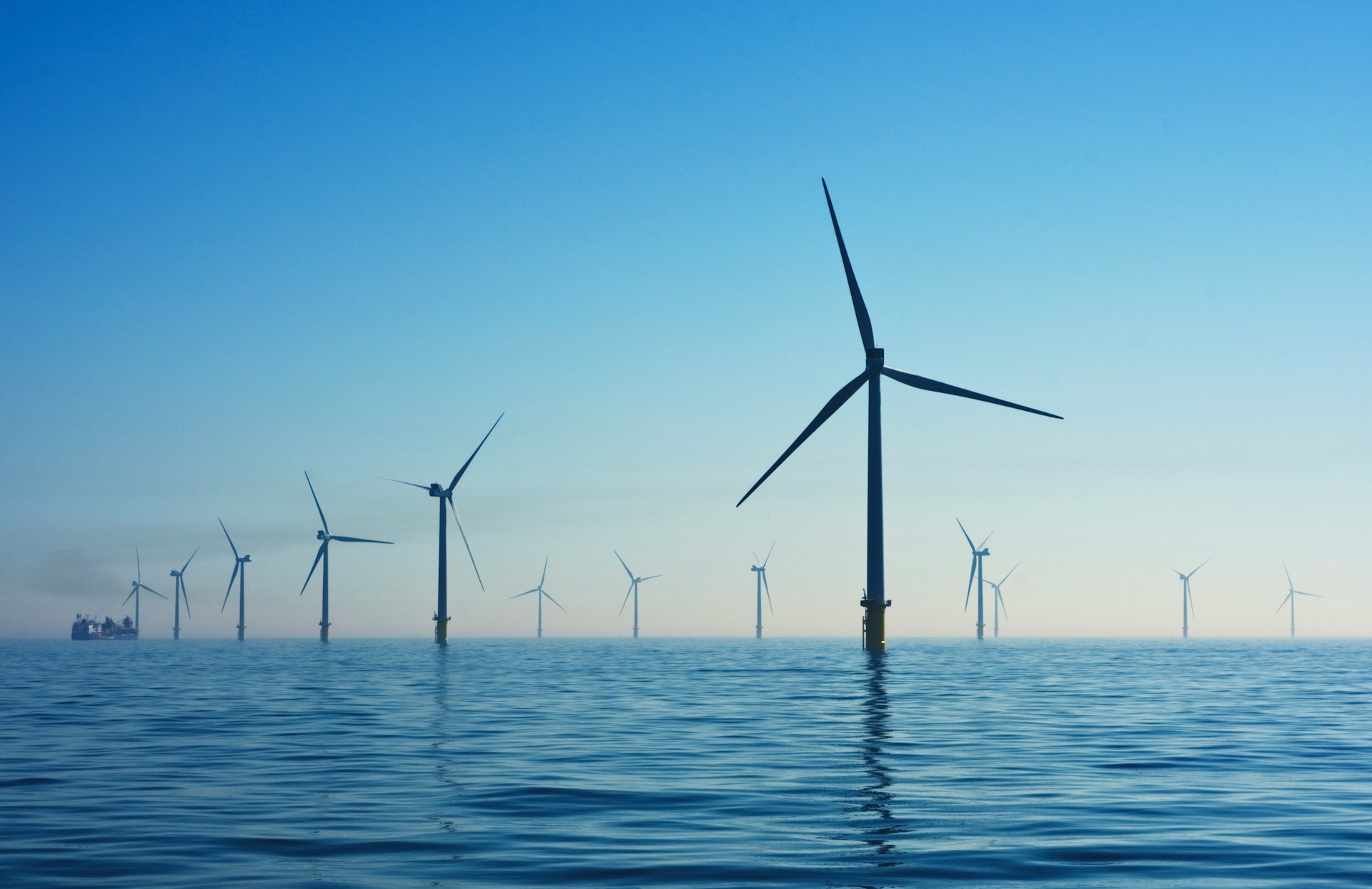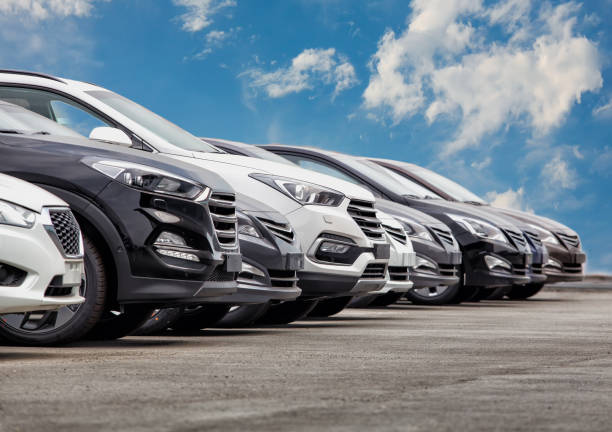Casablanca – In a step towards tackling climate change and fostering sustainable development, the European Union (EU) has announced a new initiative with a substantial funding pool of $86.3 million. The program, titled “Interreg NEXT MED”, will launch in January 2025 and invites project proposals from Mediterranean partner countries, including Morocco. This initiative represents a significant opportunity for Morocco to play a central role in the region’s ecological transformation.
A vision for regional collaboration
The Mediterranean region, often referred to as a climate change hotspot, is facing mounting environmental pressures, including accelerating global warming, dwindling water resources, and biodiversity loss. To address these challenges, the EU is championing this cooperative program, which encourages transnational collaboration to develop innovative solutions for climate resilience, decarbonization, and sustainable resource management.
This call for projects will remain open between January 14 and April 15, 2025. The EU has structured the initiative to provide up to $3.6 million per project, covering 89% of total costs, as long as half of the budget is spent in participating Mediterranean countries like Morocco.
Morocco: A key player in the green transition
For Morocco, this initiative offers a timely boost as the country faces significant environmental hurdles, including water scarcity, the urgent need for energy transition, and economic decarbonization. By participating, Morocco could not only address its pressing sustainability issues but also strengthen its standing as a regional leader in ecological innovation.
The “Interreg NEXT MED” program is designed to encourage impactful, ground-level action. It highlights areas such as energy efficiency, circular economy models, disaster resilience, and sustainable water management. Additionally, it ventures into newer territories like healthcare system adaptation to climate change, decarbonizing small businesses, and eco-innovation. Importantly, the program places a strong emphasis on inclusive governance, ensuring that policies are effective and equitable.
“Nechfate”: Morocco’s rallying cry for climate action
The urgency of addressing climate challenges is not lost on Morocco’s youth. A group of young engineers and environmental advocates has created “Nechfate”, a digital platform raising awareness about the tangible impacts of climate change in Morocco. The platform’s name, meaning “We’re exhausted,” serves as a poignant reminder of the growing strain on natural resources, especially water. It’s a call to action for policymakers, communities, and the private sector to join forces in the fight for sustainability.
Building a resilient Mediterranean together
What sets this initiative apart is its insistence on cross-border partnerships. Each project must involve at least three countries, including an EU member and a non-European Mediterranean partner, ensuring that solutions are collaborative and tailored to local contexts. For Morocco, this means not only tackling its own challenges but also contributing to a resilient and low-carbon Mediterranean region.
The EU has also prioritized social inclusion within the program, focusing on empowering women, youth, and marginalized communities. By integrating social equity into climate strategies, the initiative ensures that the green transition is not only effective but also fair.
Support for participants
To support project developers, the program will provide detailed guidelines, tools for finding international partners, and informational events from January to March 2025. These resources are designed to help applicants form robust consortia and align their proposals with the program’s goals.
A unique opportunity for Morocco
With this call to action, Morocco stands at a crossroads. By engaging with “Interreg NEXT MED”, the country can enhance its ecological resilience, strengthen regional ties, and solidify its role as a leader in sustainable development. From public institutions to private enterprises and civil society, all sectors have a chance to contribute to a greener, more resilient future for the Mediterranean.
With January 2025 on the horizon, Morocco and its Mediterranean partners have a pivotal chance to address pressing environmental challenges and leverage this initiative to drive meaningful change for a sustainable future.







